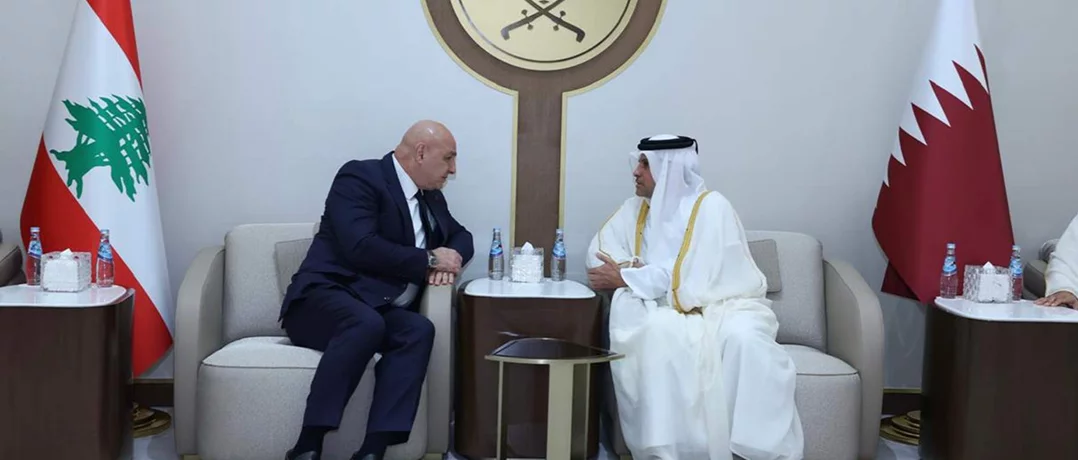Lebanon returns to the Arab stage after five years, asserting its voice and sovereignty at the Doha emergency summit.
Lebanon at the Doha Summit: A return to the Arab scene after years of absence
Lebanon at the Doha Summit: A return to the Arab scene after years of absence


Lebanon is taking part in the emergency summit convened in Doha following Israel’s strike on Qatar, in a presence that carries political symbolism far beyond protocol. It is the first time in five years that a Lebanese president has led his country’s delegation to a regional gathering of this scale years marked by presidential deadlock, the repercussions of the COVID-19 pandemic and the diplomatic isolation that followed. President Joseph Aoun’s participation therefore is not a mere formal return; it is an attempt to reassert Lebanon’s place within the Arab framework and to affirm that its voice remains present.
Historical roots of solidarity
Lebanon’s involvement in such summits is nothing new; it is deeply tied to the arc of its history with the Arab Israeli conflict. In November 2000, Doha hosted the 9th Islamic Summit of the Organization of Islamic Cooperation, which approved economic support for Lebanon following Israel’s withdrawal from the south and the repeated assaults that accompanied it. Today, nearly a quarter of a century later, Lebanon returns to the Qatari capital burdened with many of the same wounds yet also driven by the determination to reclaim its standing within the Arab order.
A speech laden with messages
President Aoun, joined by Foreign Minister Youssef Rajji, is expected to emphasize two main themes in his address: first, Lebanon’s full solidarity with Qatar in the face of Israeli aggression; and second, the pressing need to forge a unified Arab position capable of addressing shared regional challenges. The draft final statement, which mentions Lebanon by name, denounces “Israel’s repeated violations of sovereignty, security, and stability.” For Beirut, this language is more than diplomatic formality it is a rare and explicit acknowledgment of the ongoing aerial and ground incursions that have eroded its sovereignty since the adoption of Resolution 1701 in 2006.
An open question for the future
The greater challenge remains: will the resolutions adopted in Doha alter the balance of confrontation with Israel? Past experience offers little reason for optimism. Arab condemnations of Israel have been consistent, but rarely consequential, while economic pledges to Lebanon have often remained unfulfilled. Yet even so, Lebanon’s presence at this moment carries political weight of its own.
Reclaiming a voice
In a region where influence is measured by visibility and participation, Lebanon’s very presence at the summit is itself an achievement. After years of absence, its voice has returned to the table, underscoring that despite profound crises, Lebanon still insists on its place in the Arab order and on its right to be a partner in shaping the region’s search for stability.


